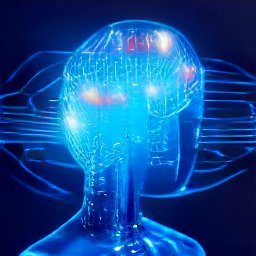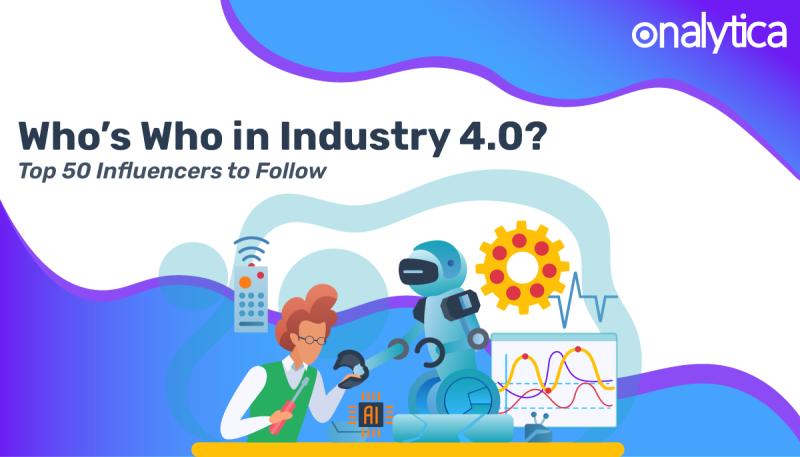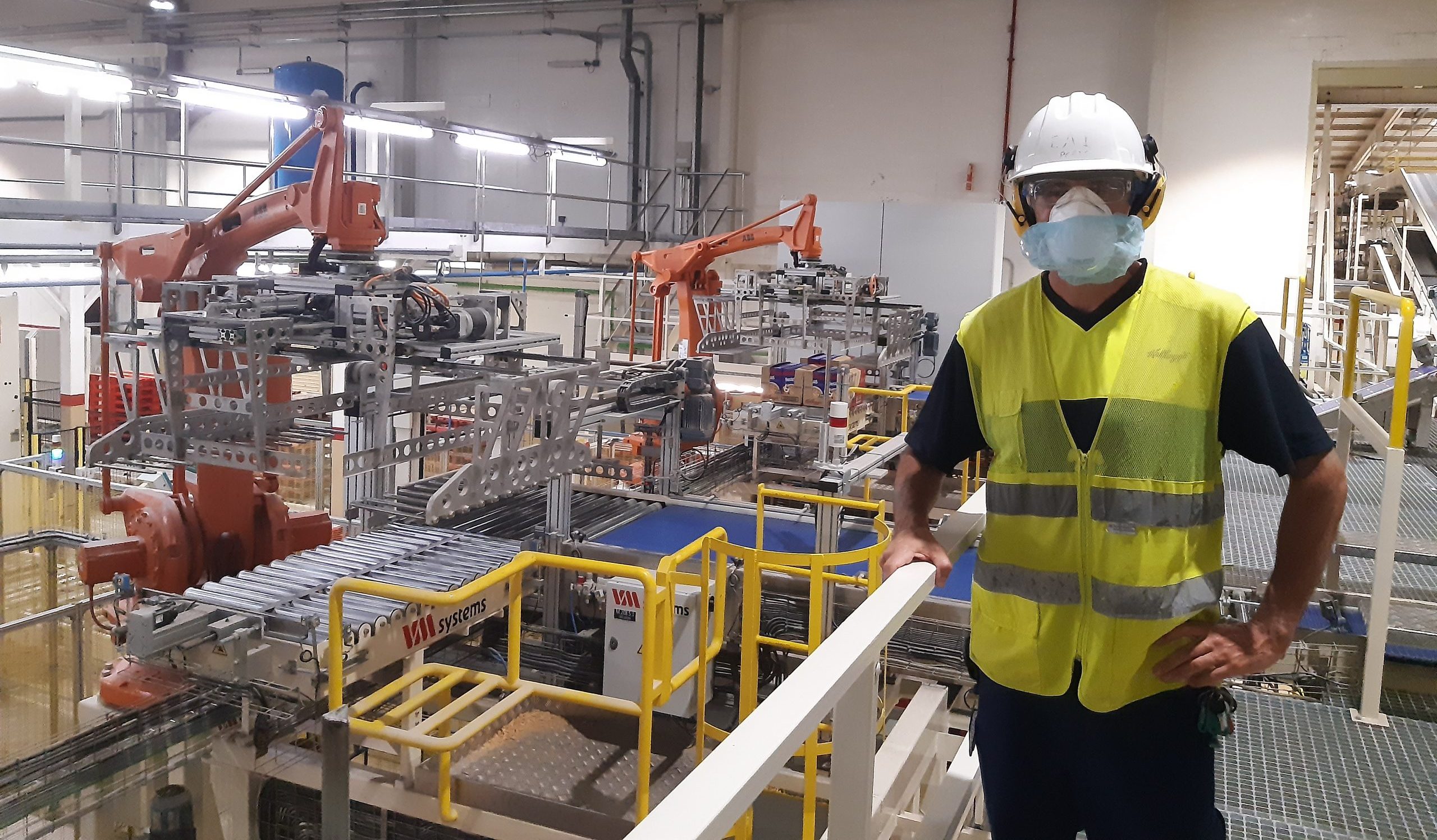🎯 In this blog article I would like to summarize some of the most insightful ideas about the future of the jobs that I have taken from a book that I read this summer during my vacation.

Will many jobs automated away in the coming years? Yes.

Source: Pexels
However in my opinion, for the vast majority of professions, the new machine will actually enhance and protect employment. I don’t think, for instance, that a single doctor, engineer, teacher or nurse will lose their job due to artificial intelligence, I believe instead that these professions will become more productive, more effective and why not more enjoyable.
Workers in such professions will come to view the new machine as their trusted collegue. Just as you wouldn’t drive on Barcelona or Madrid today without an AI-based GPS or using Google for researching any subject. In the comming years most workers would not consider approaching their daily basis without a «Bot»at their side.
I have no doubt that additionally, entire new jobs will be created in fields we can not envision yet.
Imagine trying to descrive a «database administrator» or a «Web developer» to somebody in 1950.
We have much to look forward to if we understand exactly what the new machine era can and cannot do and how it will impact in the future of the work and this transition won’t be without significant disruption in the current jobs.

Source: Pexels
At the dawn of the Fourth Industrial Revolution many people are asking, «How many middle-class office worker o manufacturing worker will be eliminated in the comming years?»
The rise of the new machine era poses a difficult question:
It is capitalist’s dream or a worker’s nightmare?
The unemployment by 2030 I assume that will be roughly what they are today, but a huge changes in what work we do and how we do that’s for sure. Within the overall labor force, there will be massive job transition and often creating skills mismatches.
The new machine will change in the industrialized world labor force in three distinct ways:
- Job automation: Jobs will be taken over by robots or systems of intellicence.
- Job enhancement: A high percentage of the existing jobs will be altered by a bot. The employment will remain, and these jobs will be delivered with greater output and/or quality
- Job creation: Net jobs with new professions will be created as the new machine creates revenue oportunities and/or new job categories
Image generated using DALLE-2; Input: Artificial Intelligence
In terms of framing this issue for you and your organization, there are four key considerations that we find to be useful in understanding and explaing what will really happen to jobs within your industry or business.
- Manual vs. knowledge labor: Researchers—and many of us-—still view manual labor and knowledge labor as interchangeable (and therefore «automatable» in the same way). They are not interchangeable, and therefore their substitution by machines is different.
- Jobs vs. tasks: We tend to look at «jobs» holistically, instead of seeing them as being composed of their various tasks, some of which can be automated and others of which will never be automated. In looking at the tasks that make up a job, we quickly see that some jobs indeed will be replaced by the machine, but others will be merely altered and enhanced.
Remember, If a task or process to be automated require creativity, problem solving skills or emotional intelligence, you may not want to automate!!!
- Technology as job destroyer and creator: Most analyses look at automation and technology solely as a job destroyer, but every major technology shift through history has also led to job creation. Dystoptan visions of the future have been largely fueled by ignoring the growth side of the equation.
- Time: in trying to understand the future, one of the most important variables is time. This is often overlooked or extended so far out as to make some predictions meaningless.

Source: Pexels
Throughout the history, automation has provided a net benefit to society and generation after generation , three positive things have repeatedly occured:
- A new abundance has been created: sales of products and services produced by automation, Smart Phones,Uber, Netflix,Amazon and so on now vastly more affordable and of higher quality, skyrocket.
- With the new abundance, overall employment rises, even when threre is less labor input per unit.
- Society gains a net benefit, with higher living standards created by newly affordable products and services.
Each time a new form of automation is introduced, there is consternation and anxiety.
Think in the steamboat, the locomotive or the assembly line. With the introduction of each new technology, vested interests were threatened and busines as usual was upended. This is the history of the Luddites. In the context of the moment their arguments had sense. Yet in the context of the history, as we recognize how the loom clothed the world and established a foundation for global trade, initiated the growth of a large middle class, and launched various related industries, the Luddites were wrong.
Automation is a deep and unstoppable force.
Automation of your core processes is a key first step for you and your organization to gain in deep operational understanding of the new machine, and to unlock its potential for future bounty.
Don’t allow Luddite thinking to remove those opportunities.
The new machine era will be painful for some to accept, but this shift is inevitable; if we manage it wisely, it will ultimately be positive for our companies and our societies.
Share This Story, Choose Your Platform!
Industry Disruptors: Conversations that transform with Jacobo Lloret
🎙️ 𝐈𝐧𝐝𝐮𝐬𝐭𝐫𝐲 𝐃𝐢𝐬𝐫𝐮𝐩𝐭𝐨𝐫𝐬 – 𝐄𝐩𝐢𝐬𝐨𝐝𝐞 2 After a powerful opening conversation with James Balzary (CEO of TilliT), it’s time for another heavyweight voice in the industry: Emilio Angles Isern, Digital Transformation Lead at Kellogg ...
Interfaces del Futuro: Del papel a los datos. La evolución digital de la industria alimentaria.
En este episodio conducido por German Sanchis de Sciling hablamos con Emilio Anglés sobre el camino de transformación digital en la planta de Kellogg's en Valls: desde procesos en papel y maquinaria con más ...
Advanced Factories’25: Torres de control de planta
Del 8 al 10 de Abril se celebro Advanced Factories Barcelona 2025 Tuve el privilegio de compartir en el Industry 4.0 Congress cómo estamos transformando la planta de Kellanova en Valls en una auténtica fábrica faro de ...












